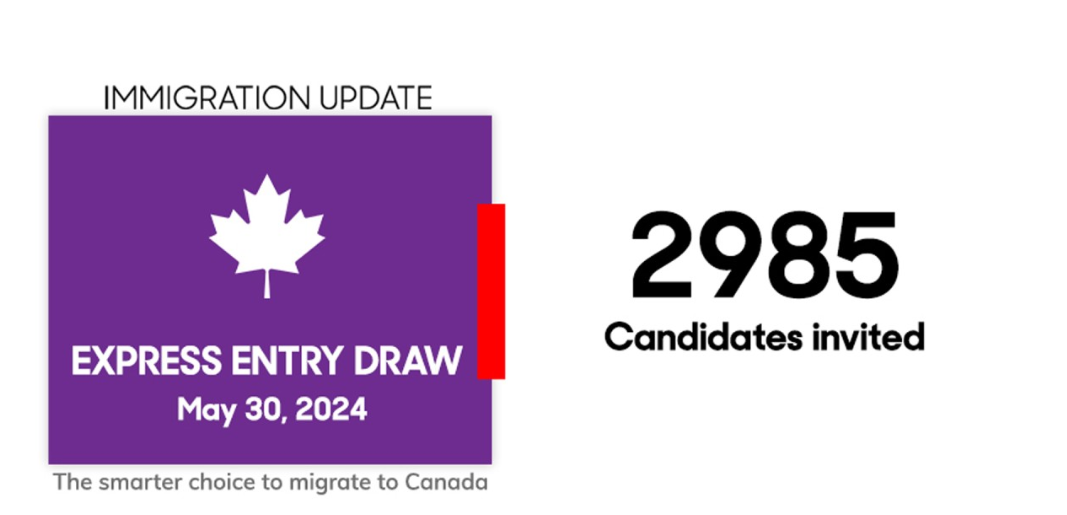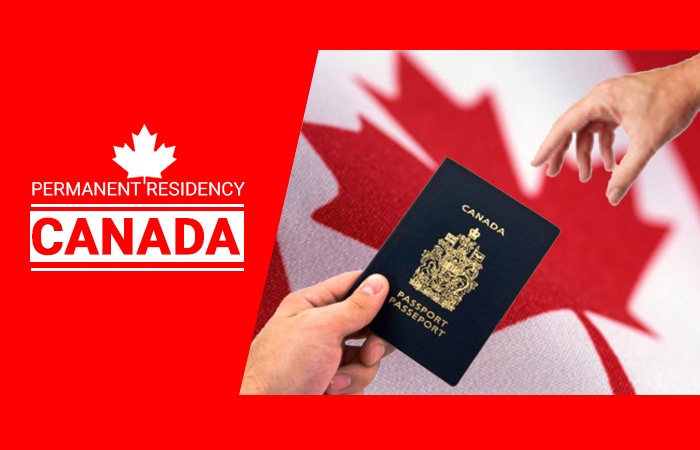Embarking on a journey to immigrate to Canada from Africa is an exciting opportunity filled with possibilities for growth and success. However, settling into a new country and culture can pose challenges without proper guidance and preparation. At EmpireFly International, we understand the importance of providing essential settlement tips to African immigrants, ensuring a smooth transition and a thriving life in Canada. In this article, we’ll share valuable insights and advice to help African immigrants navigate the settlement process successfully.
- Understanding Canadian Culture and Society: Before arriving in Canada, take the time to familiarize yourself with Canadian culture, values, and societal norms. Understanding cultural nuances and customs will facilitate your integration into Canadian society and help you build meaningful connections with locals.
- Researching Your Destination: Research the city or province where you plan to settle in Canada. Explore housing options, employment opportunities, healthcare services, schools, and recreational activities available in your chosen destination. This will help you make informed decisions and feel more prepared upon arrival.
- Securing Accommodation: Arrange temporary or permanent accommodation before your arrival in Canada. Consider factors such as location, affordability, and proximity to essential amenities when choosing a place to live. Explore rental websites, social media groups, and local classifieds to find suitable housing options.
- Obtaining Essential Documents: Ensure you have all necessary documents in order, including your passport, immigration papers, birth certificates, educational credentials, and medical records. Keep these documents organized and readily accessible for immigration and settlement purposes.
- Accessing Healthcare Services: Familiarize yourself with Canada’s healthcare system and ensure you have access to medical services upon arrival. Register for provincial healthcare coverage as soon as possible to avoid any gaps in coverage. Research local healthcare providers and pharmacies in your area.
- Networking and Building Connections: Networking is essential for establishing yourself in Canada and expanding your social and professional circles. Attend community events, join cultural organizations, and connect with fellow Africans and immigrants to build a support network and access valuable resources.
- Exploring Employment Opportunities: Research job opportunities in your field of expertise and explore pathways for career advancement in Canada. Update your resume to Canadian standards, network with local employers, and consider volunteering or taking additional courses to enhance your skills and qualifications.
- Embracing Lifelong Learning: Continuously seek opportunities for personal and professional development in Canada. Take advantage of educational opportunities, workshops, and certifications to expand your knowledge and enhance your career prospects. Lifelong learning is key to thriving in Canada’s dynamic and competitive job market.
Settling into a new country like Canada can be a rewarding yet challenging experience for African immigrants. By following these essential settlement tips and seeking support from immigration experts like EmpireFly International, you can overcome obstacles and thrive in your new home. Embrace the opportunities that Canada has to offer and embark on a journey of growth, success, and fulfillment.










